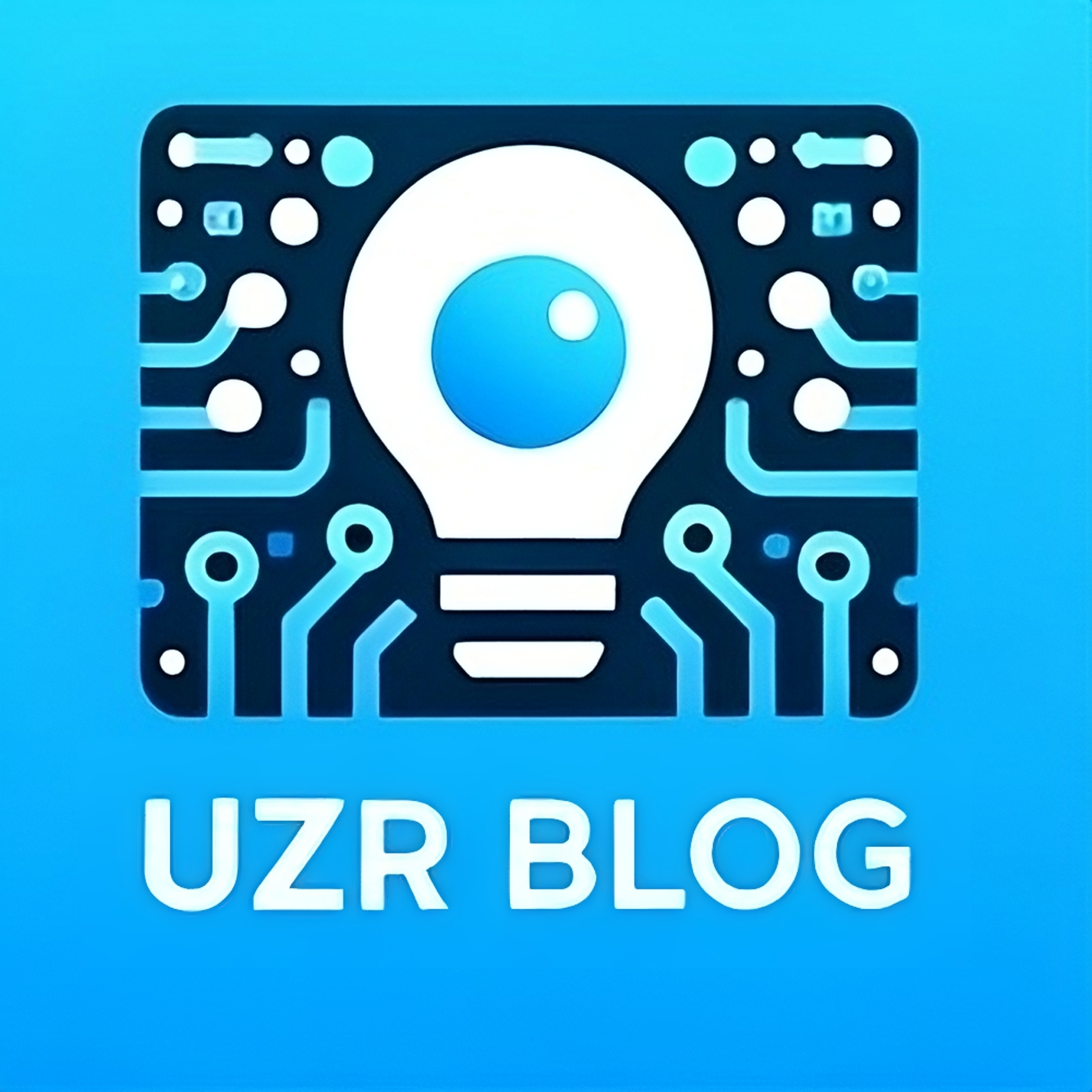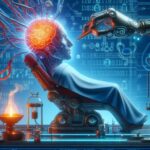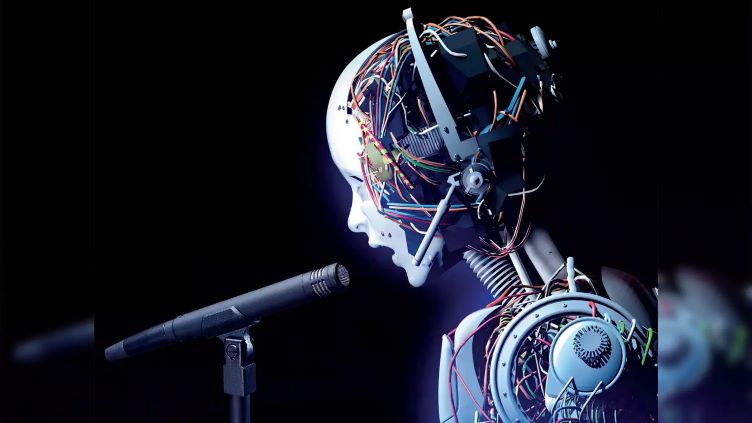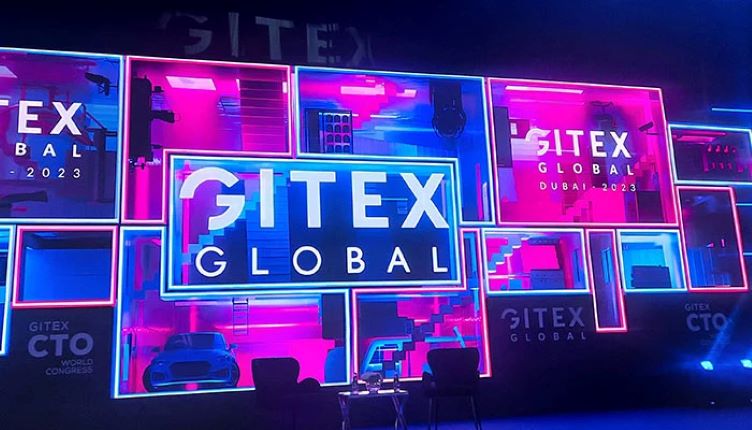Due to the explosion of artificial intelligence the world may transform into a magical place where when you need anything including assistance, education, information, music, etc.…. Simply hold your phone up and tell the AI what you want.
The official beginning of AI is start from the development of the programmable digital computer in the 1940s marked a turning point as it encouraged scientists to take the idea of creating an electronic brain very seriously. At a workshop at Dartmouth College in 1956, futurists projected that within a generation, a computer with the same level of intelligence as a human will emerge.
And now, artificial intelligence (AI) permeates every aspect of our lives, from business to healthcare to education to agriculture, and the music industry is no exception. Music is incomplete without human singing but now AI make this possible.
In this blog post we will dive into the music world of AI. We will see how AI change the music landscape.
“Creating music in an inherently complex process. But we are streamlining that, making it more accessible and intuitive than ever before”
—–by Mikey Shulman—-
A complete piece of music has always been created by humans throughout history. With the release of Udio and Suno, two AI music platforms, that all changes today. These platforms are using artificial intelligence to transform the way that music is created.
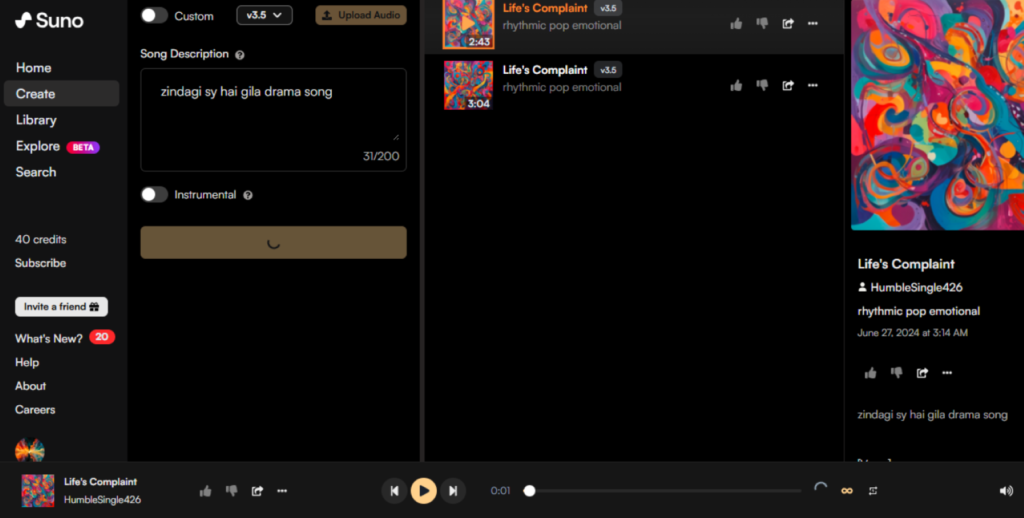
You can see how AI can generate a song with just a few words.
AI is revolutionizing music production by facilitating creativity and ease of use. It facilitates the creation of new songs, sound effects, and even entire tracks, which is ideal for overcoming creative blockages or experimenting with other styles.
A brief review of music history
The earliest known instance of computer-aided music creation dates back to 1957, when Leonard Isaacson and lejaren Hiller composed the lliac suite, which is often regarded as the first composition ever made. In the 1980s, there were noteworthy initiatives to steer computers toward generative music. Emmy, which stands for experiments in musical intelligence, was established in 1984 by physicist and composer David Cope. Emmy was an interactive software tool that could produce music in the styles of various artists, ranging from brief pieces to full operas.
Then there was the computer accompaniment system, which debuted in 1985 and employed algorithms to create a corresponding music track based on input from users.
In the 1990s, David Bowie created a tool known as the verbasizer, which was a digital method of lyrical composing.
The Boom of AI Music and How Does it Work
Artificial Intelligence (AI) music generators are computer systems that create music by applying machine learning techniques. They are made to evaluate already-collected music data and use the results to instantly create new compositions.
Significant developments in machine learning and computational creativity are reflected in the explosion of AI-generated music. Now capable of creating music in a variety of genres and styles on their own, AI systems are made possible by robust algorithms and enormous databases of previously recorded music. Neural networks, which are trained to identify and imitate musical patterns, are among the deep learning approaches commonly used by these systems.
AI is now able to comprehend the harmonies, rhythms, emotional components, and even musical structures that define certain genres. AI models are capable of creating totally new compositions when they generate music by recombining previously learnt patterns, predicting musical sequences, or blending styles. The results vary in difficulty from straightforward tunes to intricate symphonies, frequently composed with an originality and inventiveness that defies conventional ideas of what constitutes artistic achievement.
Although there are still concerns about AI music’s authenticity and emotional depth in comparison to human-generated music, the technology’s quick progress has encouraged partnerships between AI and human musicians, opening up new possibilities for research, experimentation, and creativity in the music business.
AI Music Generators’ Prospects in the Music Business
As AI technology develops and advances, it will likely have a greater influence on the music industry in the years to come. AI music generators will provide musicians with fresh and innovative approaches to writing music and interacting with listeners as they develop in sophistication. This will probably lead to a more dynamic and diverse music industry with a wider variety of music types and moods to select from, despite detractors and ardent supporters.
The usage of AI music generators to produce customized music is another idea that is probably going to catch on. AI algorithms will be used by music producers to assess each listener’s unique musical preferences and create music that suits their tastes. Because they will be able to hear music that is especially tailored to them, listeners will have a more engaging and customized music experience.
Music industry giants allege mass copyright violation by AI firms
According to Reuters, Universal Music Group, Sony Music, and Warner Records have filed lawsuits against AI music-synthesis startups Udio and Suno for allegedly committing widespread copyright violations by using the labels’ records as training material for AI models that create music. Both Udio and Suno, like other generative AI models, use a large collection of previously published works of art to teach a neural network the relationship between musical genres and words in a written prompt.
It was normal practice in machine learning to scrape and utilize copyrighted information without permission until generative AI models became widely used in 2022. But rights holders are swooping in to collect now that those technology’ applications have evolved into standalone commercial goods. The record companies are requesting statutory damages in the amounts of up to $150,000 for each song used in training in the cases of Udio and Suno.
Although Reuters reports that this is the first case aimed explicitly at AI that creates music, record labels and musicians have long been preparing for the difficulties that this technology may provide.
In summary
AI music generators are revolutionizing the music business by giving creators of music fresh, inventive approaches to writing songs that connect with listeners. The future of AI music generators in the music industry is bright and full of possibilities, despite certain obstacles that need to be overcome, such as the absence of emotion and creativity in AI-generated music and the problem of legal protection. AI music generators could significantly influence the direction of the music business with more research and development.
However, there are also claims of widespread copyright violations by AI farms, which can cause more concerns in the future, but lets hope for a good future where we can use the power of AI for the betterment of human society.
